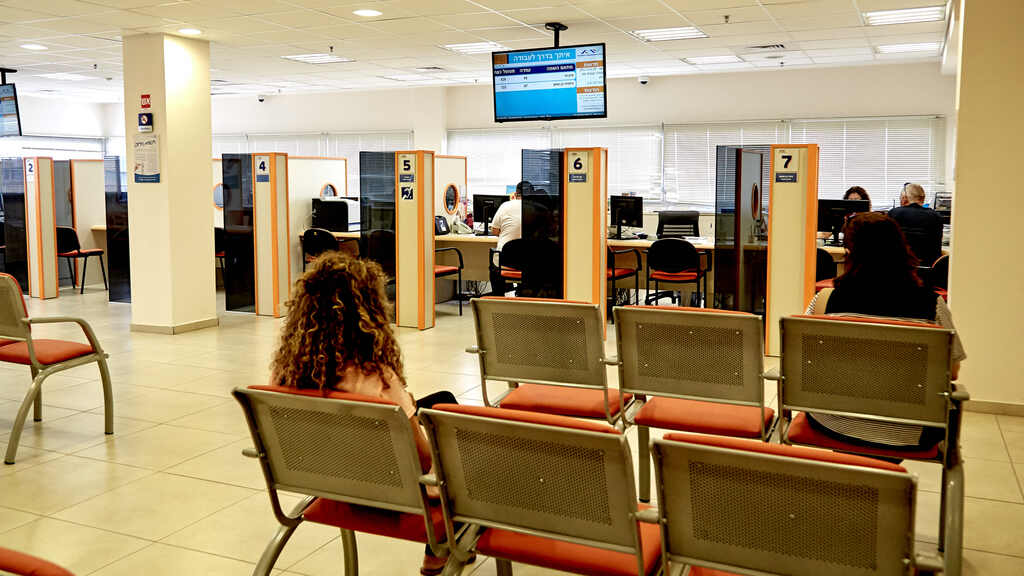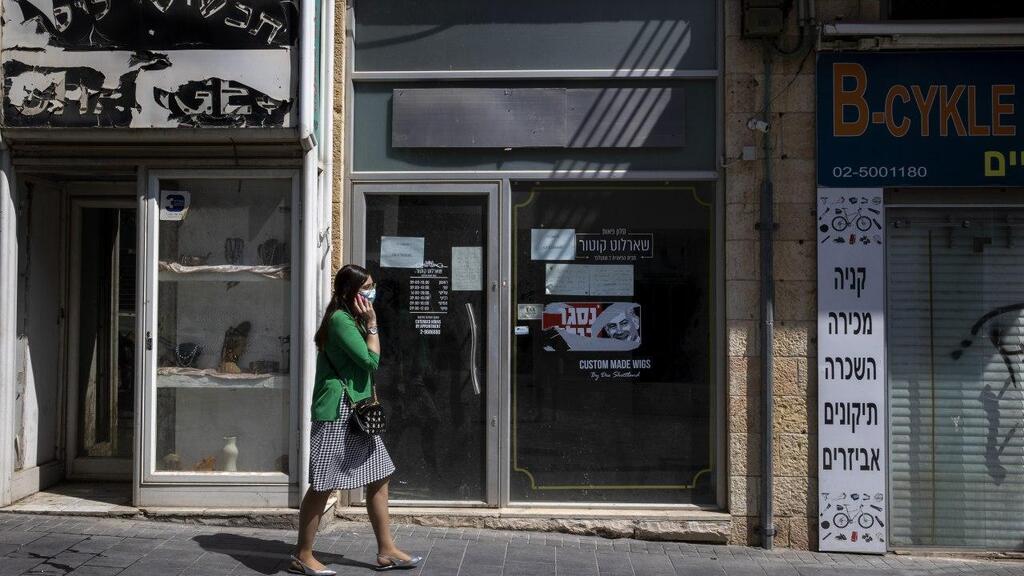More than half of young Israelis (55%) have suffered financially due to the coronavirus crisis while just 7% have seen their situation improve, according to a study by the Fast Forward Institute that predicts future trends for strategic planning.
The study was carried out on behalf of Pepper, the Leumi Banking Group’s digital bank app, and included 1,002 Jewish and Arab Israelis aged 16 to 35 years.
According to the study, many young people were forced to take unpaid leave during the crisis, and some chose to return to their parents’ home to both drastically reduce their expenses and help their parents with their own financial difficulties.
In fact, the study showed that 74% of young Israelis did not receive any financial assistance from family members or friends, while 23% actually helped their parents financially.
The study also shows that while many were adversely affected, the crisis has also pushed some to change their lifestyle to better acclimatize to the new reality in Israel, such as getting a permanent job as salaried employees rather than being self-employed, and thus increase their savings.
In addition, 62% of those participating in the study said they preferred job security and stability over any other consideration, and said stability was the most important parameter when looking for a new job.
"Young people had less time to accumulate financial assets before the crisis and they are the ones to receive the least government support. These two factors make them particularly vulnerable," says Pepper CEO Michal Kissos Hertzog.
“At the same time, data show that most young people in Israel know how to display financial responsibility,” she says.
About 80% of the 1,002 who participated in the study have worked during the last 12 months, but only 36% have worked as full-time employees and just 8% are self-employed.
About 11% have worked during the past year but are currently on unpaid leave, and of that number, 44% are in no hurry to return to the workforce.
3 View gallery


A shuttered business in Tel Aviv displays a poster of Prime Minster Benjamin Netanyahu with the slogan 'Closed because of me'
(Photo: Black Flag Protest)
Economic experts have already warned that the unemployment stipends being distributed until at least June 2021 may act as an incentive for many to not return to work immediately.
Even so, Finance Minister Israel Katz has decided to continue the unemployment stipends beyond June, and for as long as the unemployment rate in Israel is 7.5% or higher.



